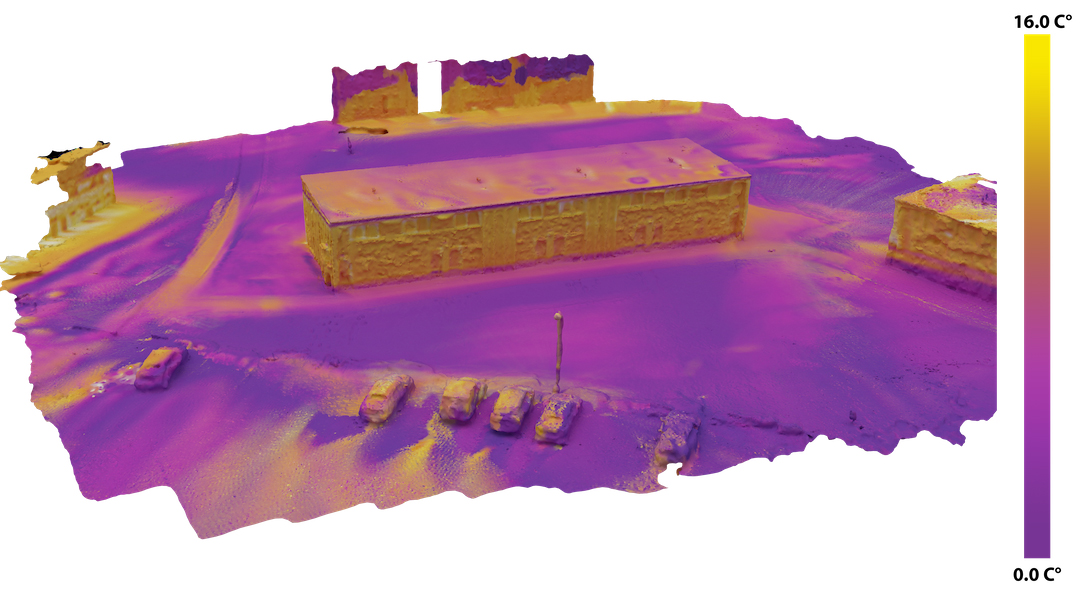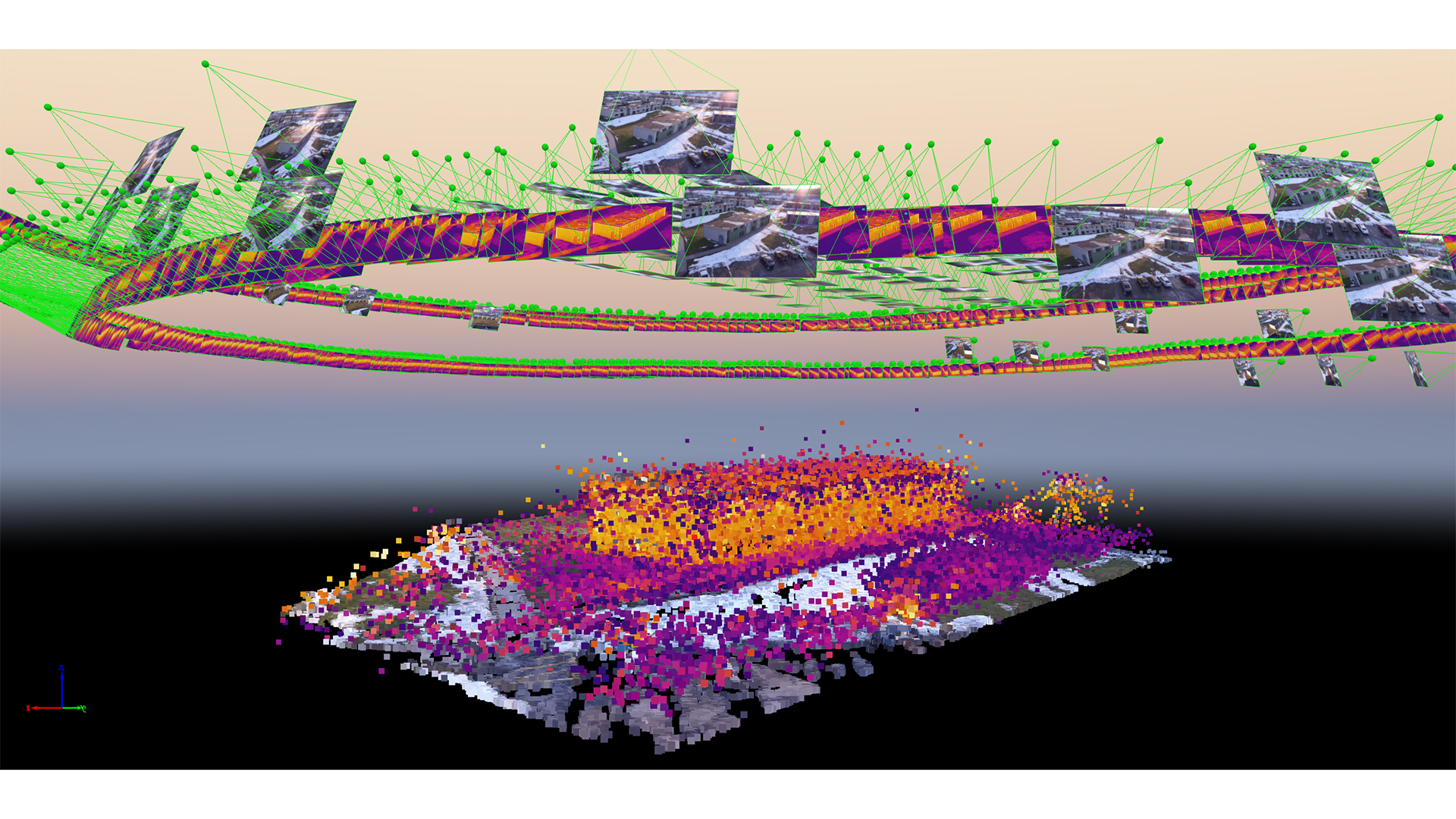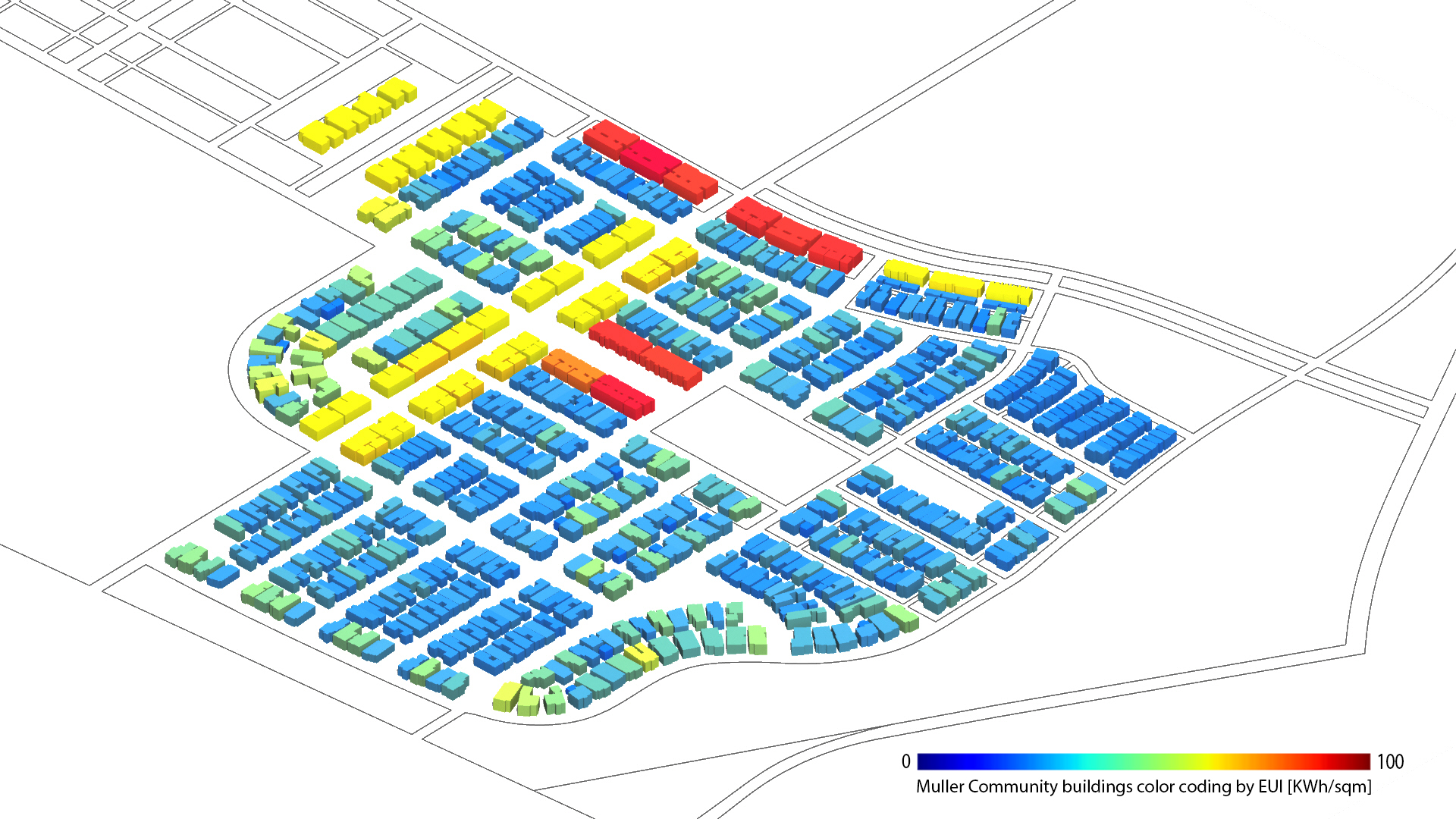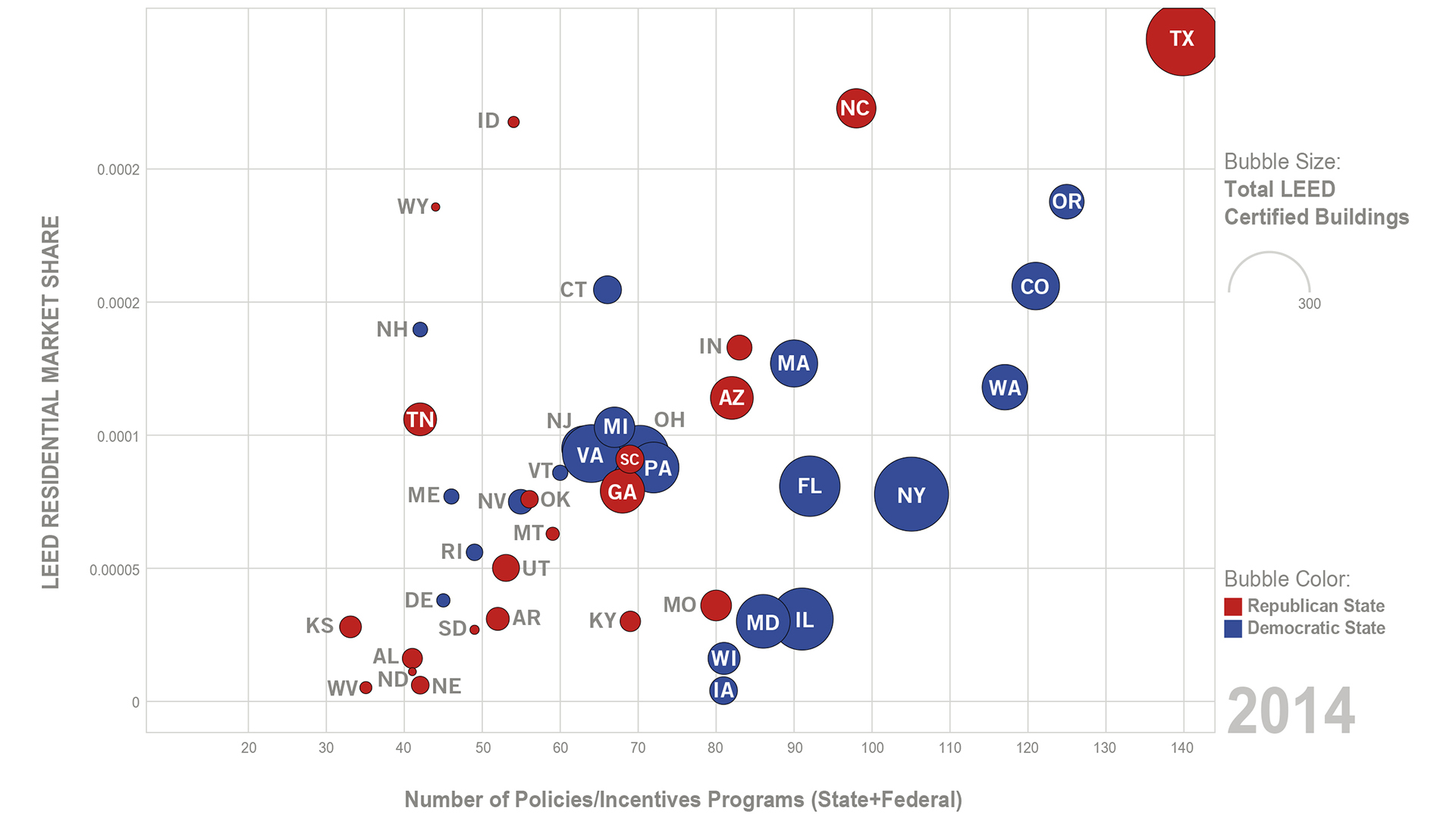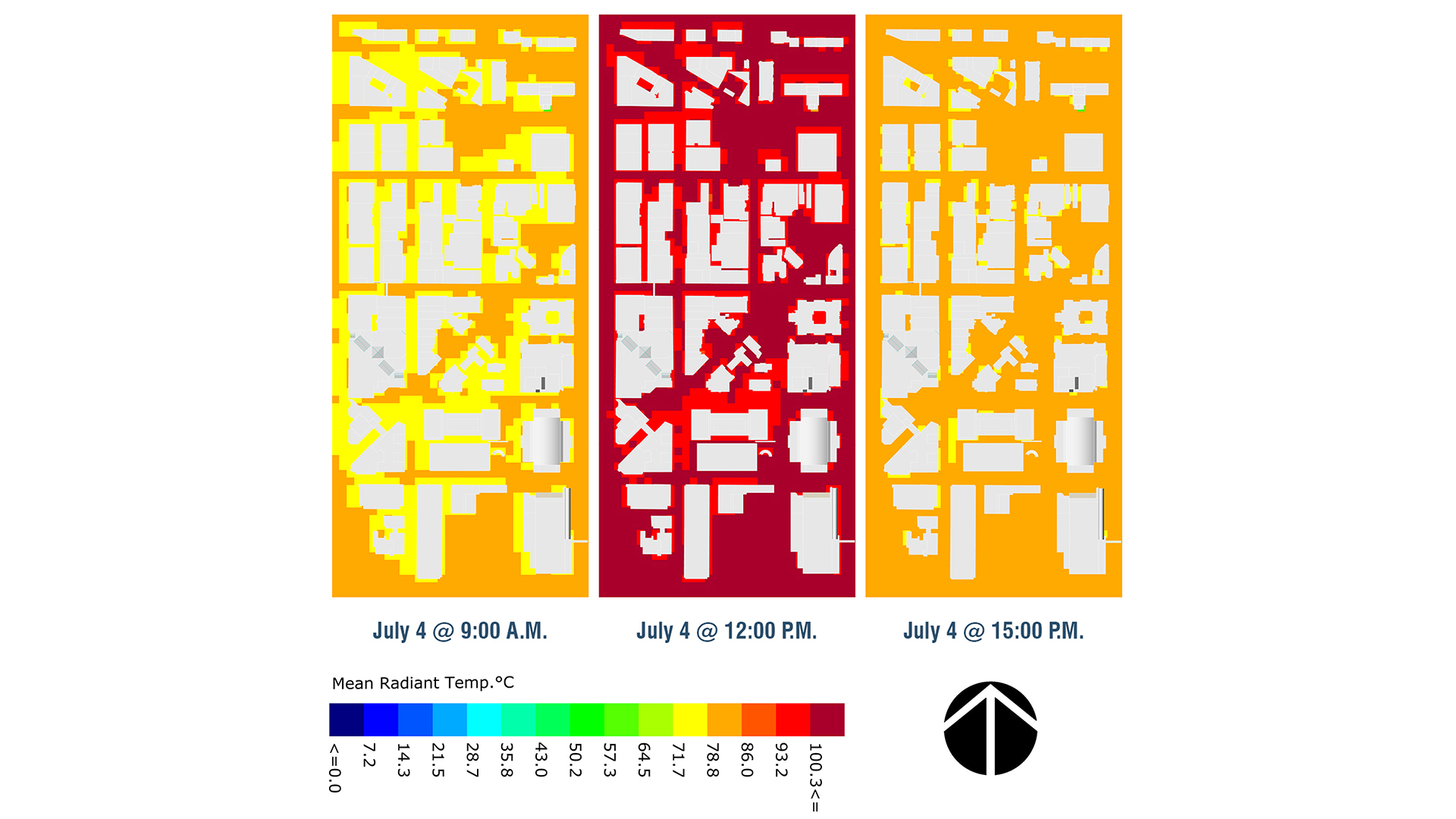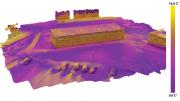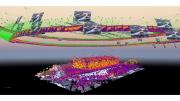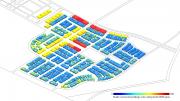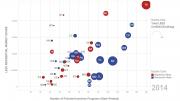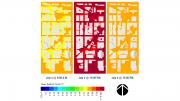
Tarek Rakha
Associate Professor, Director, High Performance Building Lab
Contact
Tarek Rakha
Associate Professor, Director, High Performance Building Lab
Education
Ph.D. in Building Technology, MIT (2015)
M.S. and B.S. in Architecture, Cairo University (2010, 2007)
Keywords
Sustainable Design; Urban Modeling; Building Performance; Simulation; Energy Efficiency; Artificial Intelligence; Machine Learning; Computer Vision; Envelope Diagnostics; Thermography
Biography
Tarek Rakha is a researcher, educator, and entrepreneur who integrates building design technology and environmental sustainability with the needs of underserved communities. He is Associate Professor of Architecture and Director of the High Performance Building Lab (HPBL) at Georgia Tech, and Co-founder and CEO of Lamarr.AI, a startup that commercializes technology developed through his funded academic research. Tarek is an architect by training, and before joining Georgia Tech in 2019 he was Assistant Professor at Syracuse University, after earning a Ph.D. in Building Technology from MIT in 2015.
Tarek develops novel areas of scholarship focusing on aerial data and robotics for building envelope diagnostics using computer-vision drones, urban energy sensing and computational informatics, as well as heat vulnerability and outdoor thermal comfort modeling at the building and neighborhood scales. His research received support worth over $4M (total project volume ~$7M) from federal agencies such as the US DOE, ARPA-E, and the NSF. His work was also funded by state authorities such as NYSERDA and both NYSDOT and GDOT, philanthropies such as the Sloan Foundation, as well as corporate sponsors including the Coca-Cola Company. He has published his work as author and co-author in more than 70 peer-reviewed journal and conference papers and two have won best paper awards in conferences. He was recently nationally recognized by the Emerging Contributor Award from IBPSA-USA.
As an educator, Tarek connects design, technology, and climate change-centered studios and courses with social justice and the needs of marginalized communities. He was awarded the Georgia Tech Student Recognition of Excellence in Teaching: Class of 1934 Award based on exceptional student evaluation surveys. In 2022, He mentored the DOE’s Solar Decathlon Design Challenge Residential Division Grand Winner team. The team also took home first place in the contest's new Retrofit Housing division. In addition, student groups in his co-taught design studio competed against 400+ submissions in the AIA and ACSA’s 2019 International Design Competition: Here+Now, and won 1st Place and an Honorable Mention (2/6 awards). Furthermore, he coalesces service with his scholarship. He was invited to the Symposium on Simulation for Architecture and Urban Design’s board (SimAUD), and co-edited two conference proceedings as the 2018 General Chair in TU Delft and as the 2019 Program Chair and host of the 10-year anniversary at Georgia Tech.
Visit the High Performance Building Lab
Select Peer-reviewed Journal Publications
Bayomi, N., Nagpal, S., Rakha, T., and Fernandez, J. (2020) “Building Envelope Modeling Calibration using Aerial Thermography,” Energy and Buildings, 110648. https://doi.org/10.1016/j.enbuild.2020.110648
El Masri, Y. and Rakha, T., “A scoping review of non-destructive testing (NDT) techniques in building performance diagnostic inspections.” Construction and Building Materials, 265, 1205422 https://doi.org/10.1016/j.conbuildmat.2020.120542
Rakha, T., & El Kontar, R. (2019). Community energy by design: A simulation-based design workflow using measured data clustering to calibrate Urban Building Energy Models (UBEMs). Environment and Planning B: Urban Analytics and City Science, 46(8), 1517-1533. https://doi.org/10.1177/2399808319841909
Rakha, T., & Gorodetsky, A. (2018). Review of Unmanned Aerial System (UAS) applications in the built environment: Towards automated building inspection procedures using drones. Automation in Construction, 93, 252-264. https://doi.org/10.1016/j.autcon.2018.05.002
Select Peer-reviewed Conference Publications
El Masri, Y and Rakha, T. (2020) “Review of Non-Destructive Techniques (NDTs) for Building Diagnostic Inspections” In Proceedings of the 2020 Building Performance Analysis Conference and SimBuild, 29 September – 01 October, Chicago: USA (Virtual).
Panagoulia, E. and Rakha, T. (2020) “Performance Analytics through Building Information Modelling (BIM) in Retrofitting Design: Towards a Graph-based Data-to-Decisions Framework” In Proceedings of In Proceedings of the 35th International Conference on Passive and Low Energy Architecture (PLEA), 1-3 September, A Coruña: Spain (Virtual).
Pilet, T. and Rakha, T. (2020) “A Building Envelope Characterization Workflow for In-Situ Thermal Performance Assessment” In Proceedings of the 2020 Building Performance Analysis Conference and SimBuild, 29 September – 01 October, Chicago: USA (Virtual).
Sherif, T. and Rakha, T. (2020) “Simulating False Sensing Impacts for Diverse Occupancy Patterns and Behaviors on Heating and Cooling Energy Consumption in US Residential Buildings.” In Proceedings of the 2020 Building Performance Analysis Conference and SimBuild, 29 September – 01 October, Chicago: USA (Virtual).
2020 Emerging Contributor Award – International Building Performance Simulation Association – National USA Chapter (IBPSA-USA)
2020 Georgia Tech Student Recognition of Excellence in Teaching: Class of 1934 Award
2019 HERE+NOW: A House for the 21st Century International Design Competition, Co-Faculty Advisor for the 1st Place Winner and Honorable Mention Student Groups (
2017 SU Innovative Program Development Fund Award: $16,260 SU College fund for development toward offering “Aerial Analytics: Buildings Diagnostics using Drones” co-taught with Dr. Senem Velipasalar in Summer 2018.
2014 Raab Family Education Fund Award – MIT Department of Architecture: First recipient of a $10,000 award for one nominated Ph.D. Candidate with a public interest focus.
2010 Best Paper Award – International Conference on Computing in Civil and Building Engineering (ICCCBE) in Nottingham: UK. Student Paper presented from MS thesis work.
2010 Best Paper Award – Renewable Energy 2010 Conference in Yokohama: Japan. Low Energy Architecture Paper presented from group research.
Aerial Intelligence for Retrofit Building Energy Modeling (AirBEM)
2019-2022, Funding: $1.8M
Role: Principal Investigator.
Co-PI: Dr. Senem Velipasalar and Prof. John Fernandez; Co-Investigator Dr. Ed Bogucz, Sandeep Ahuja.
Sponsor: U.S. Department of Energy (DOE), Office of Energy Efficiency and Renewable Energy (EERE), Building Technologies Office (BTO)
Partners: Syracuse University, MIT and Pattern r+d
Community Energy: Technical and Social Challenges and Integrative Solutions
2017 – 2018, Funding: $99,965
Role: Co-Principal Investigator, PI: Dr. Jason Dedrick. Co-PI: Dr. Bess Krietemeyer.
Sponsor: National Science Foundation (NSF) – Smart and Connected Communities
Partners: Pecan Institute and SU School of Information Studies (I-School)
Feasibility Assessment of Sustainable Transportation Alternatives (FAST: Syracuse)
2016 – 2017, Funding: $230,796
Role: Principal Investigator, Co-PI: Dr. Ed Bogucz
Sponsor: NYS Energy Research and Development Authority (NYSERDA) and NYS Department of Transportation (NYSDOT), Barton & Loguidice (B&L), and SU SoA and CECS
Partners: SU CECS and SyracuseCoE, B&L, Clean Communities of Central New York, the Downtown Committee of Syracuse, and Hitachi Consulting
